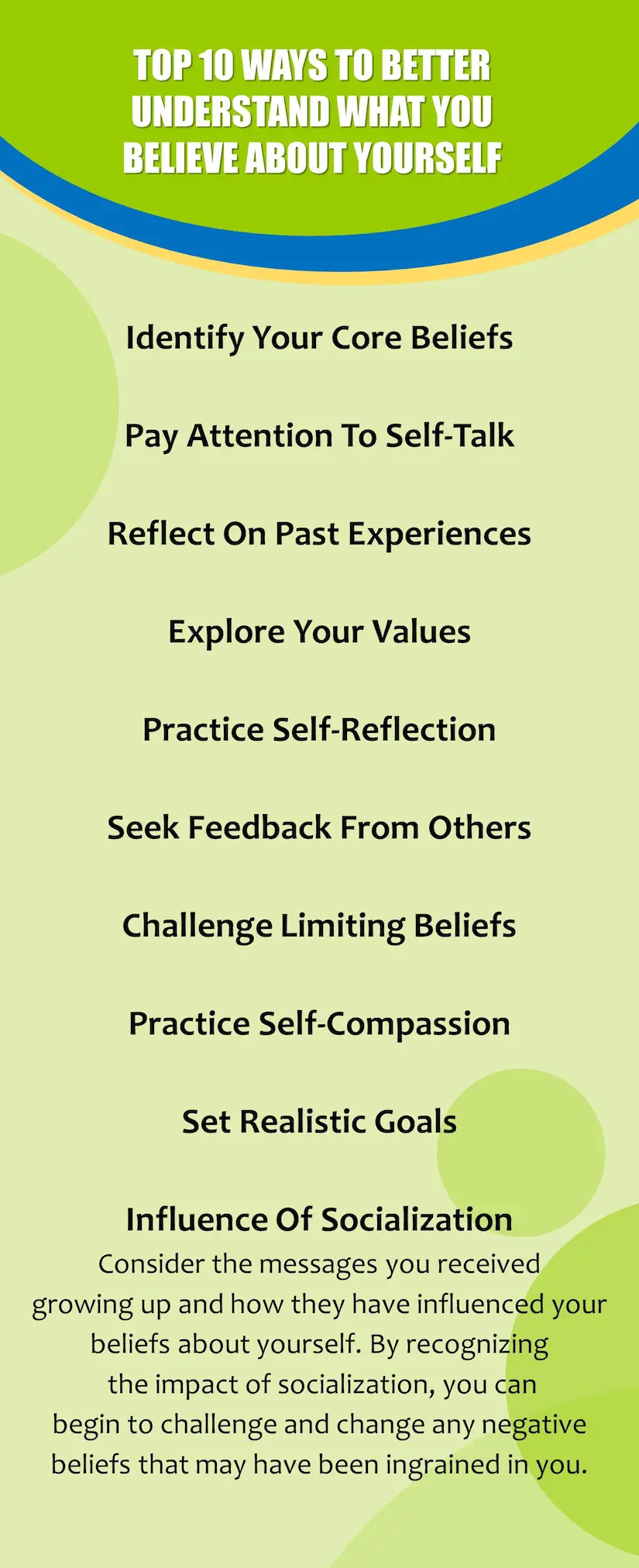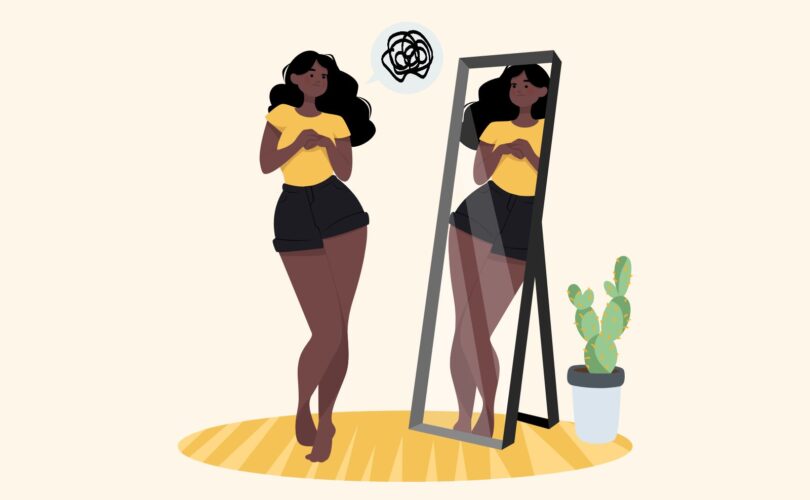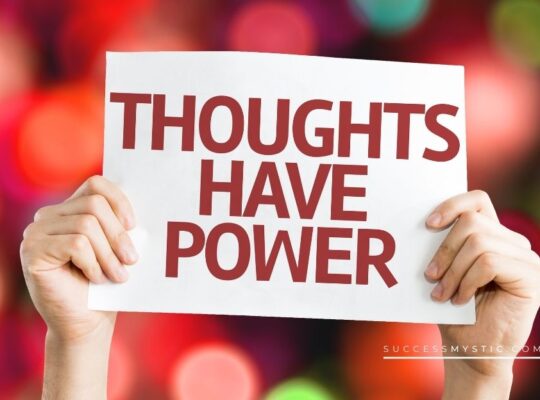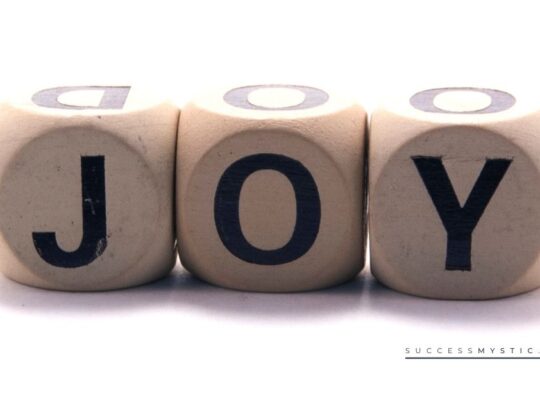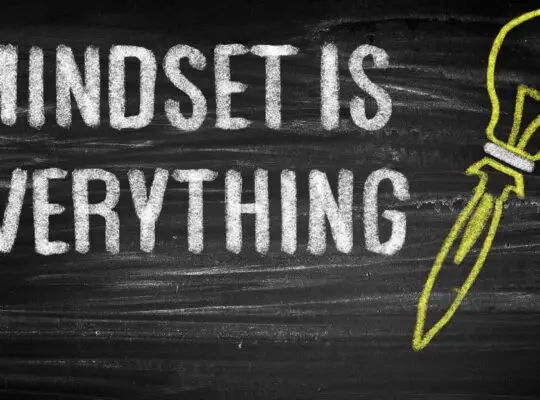We know that what we believe about ourselves can shape our thoughts, emotions, and behaviors. But how do we know what we believe, and how can we better understand these underlying thoughts?
Beliefs can be positive or negative, and they can have a profound impact on our well-being and success. In this article, we will discuss the top 10 ways to better understand what you believe about yourself and how to cultivate more positive beliefs.
#1 Identify Your Core Beliefs
The first step to understanding what you believe about yourself is to identify your core beliefs. These beliefs are the underlying thoughts that shape our thoughts, emotions, and behaviors.
For example, if you believe that you are competent, you are more likely to approach challenges with confidence and optimism. On the other hand, if you believe that you are unworthy and inadequate, you may feel powerless and discouraged. To identify your core beliefs, take some time to reflect on how you perceive yourself and the world around you.
#2 Pay Attention To Self-Talk
Our self-talk reflects our beliefs about ourselves. Paying attention to your self-talk can help you challenge negative thoughts with evidence-based positive self-talk. If you catch yourself saying things like, “I can’t do this,” or “I’m not good enough,” challenge those thoughts with positive self-talk like, “I can handle this,” or “I am capable and competent.”
By doing this, you can begin to reframe your thoughts and promote more positive beliefs. Furthermore, by practicing positive self-talk, such as affirmations, you can begin to transform the way you see yourself.
#3 Reflect On Past Experiences
Reflecting on past experiences can help us identify what might have shaped the beliefs we hold about ourselves, and how they might be influencing our present. For instance, if you have experienced failure or rejection in the past, you may now carry strong feelings of insecurity.
You would say that your past experiences led you to believe that you are not good enough. By reflecting on your past experiences and understanding how they have influenced your beliefs, you can begin to challenge and change them.
#4 Influence Of Socialization
Our beliefs about ourselves are also influenced by socialization. We are taught particular messages about ourselves by our families, peers, and society at large. People who surround themselves in positive and encouraging environments tend to emulate these things, and the same can be said for those who find themselves surrounded by negative social environments. Consider the messages you received growing up and how they have influenced your beliefs about yourself. By recognizing the impact of socialization, you can begin to challenge and change any negative beliefs that may have been ingrained in you.
#5 Explore Your Values
Identifying your values can help you to understand your beliefs about yourself. Consider what values are most important to you and how they influence your beliefs about yourself. If you value honesty and integrity, you may believe that you are trustworthy and reliable. Understanding your values can help you to prioritize what is important in your life and how to align your beliefs and actions with them.
#6 Practice Self-Reflection
Regular self-reflection can help you to better understand what you believe about yourself. Take time to reflect on your thoughts, emotions, and behaviors and consider how they are influenced by your beliefs.
Consider what beliefs are serving you well and what beliefs may be holding you back. By reflecting on your beliefs, you can become more aware of any negative beliefs that are impacting your life and work to challenge and change them.
#7 Seek Feedback From Others
Asking for feedback from others can provide insight into what they believe about you. This can help you to better understand what you believe about yourself and how your beliefs may be impacting your relationships and success.
Seek feedback from people who you trust and who have your best interests in mind. This can help you to identify any blind spots and areas for growth. They can also assist you in changing negative self-beliefs, should you have any, through the same process of watching you and providing feedback when you find yourself stuck in a negative loop.
#8 Challenge Limiting Beliefs
Limiting beliefs hold us back from achieving our goals and living our best lives. Challenge these beliefs by asking yourself if they are true, and if there is evidence to support them. For example, if you believe that you are not good enough, ask yourself if that is really true, and consider evidence to the contrary. By challenging your limiting beliefs, you can work to replace them with more positive and empowering beliefs.
#9 Practice Self-Compassion
Self-compassion involves treating ourselves with kindness, care, and understanding, especially in times of difficulty or failure. Practicing self-compassion can help us to challenge negative beliefs about ourselves and cultivate more positive beliefs. Acknowledge that you are human and that making mistakes is a natural part of the learning process. By being kind to yourself, you can build resilience and self-esteem.
#10 Set Realistic Goals
Setting realistic goals that are aligned with your values and priorities can help you to cultivate more positive beliefs about yourself. When you achieve your goals, it can reinforce positive beliefs and help you to build confidence and self-esteem.
Break down large goals into smaller, manageable steps, and celebrate your progress along the way. By setting and achieving goals, you can create a sense of purpose and accomplishment.
In conclusion, understanding what you believe about yourself is essential in cultivating positive beliefs. It’s hard to change something that you don’t know. Do you know what you think about yourself?
By taking these steps, from exploring your values and seeking feedback from others to challenging limiting beliefs and practicing self-compassion, you can cultivate more positive beliefs and create a more fulfilling life. Remember that changing your beliefs takes time and effort, but with persistence and dedication, you can build a more positive and empowering self-image.
